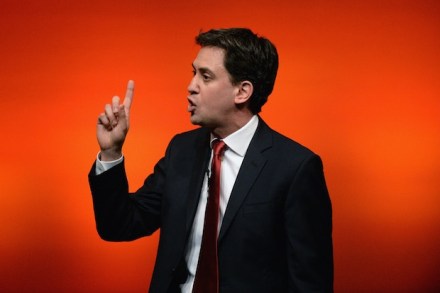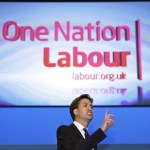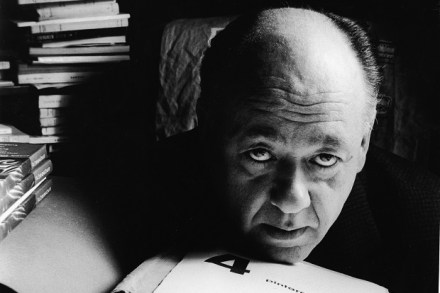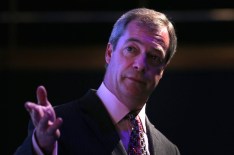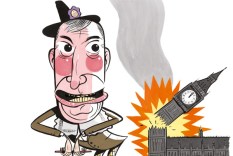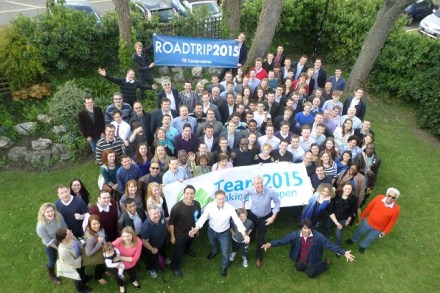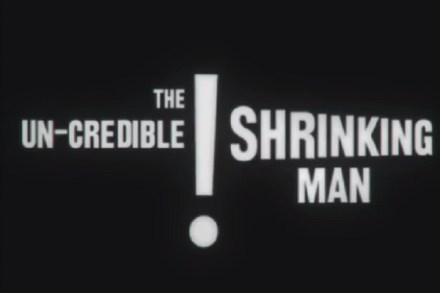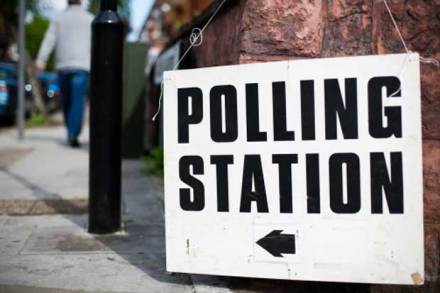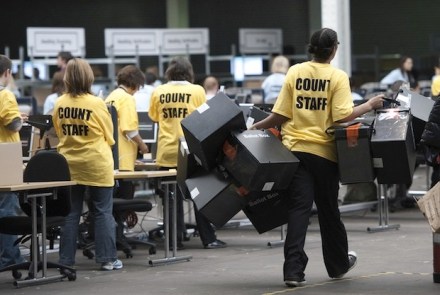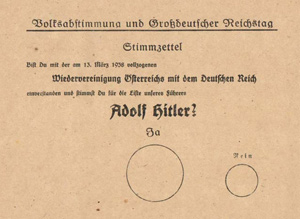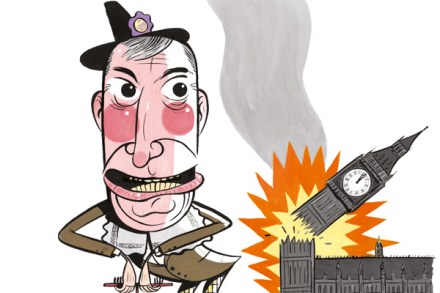Crisis of sincerity in the Miliband household?
Mr S started the morning with Susannah Reid and Charlotte Hawkins of Good Morning Britain. All was pootling along quietly until Ed Miliband turned up on screen. The Leader of the Opposition was doing his routine about the ‘cost of living crisis’ when Hawkins decided to put his professed empathy for humble people to the test. How much do you spend on groceries in a week? She asked. ‘We probably spend… you know, 70, 80 pounds a week on groceries at least, probably more than that.’ It sounds like there’s a cost of living crisis in the Miliband household. As Susannah Reid later pointed out, the average weekly bill
